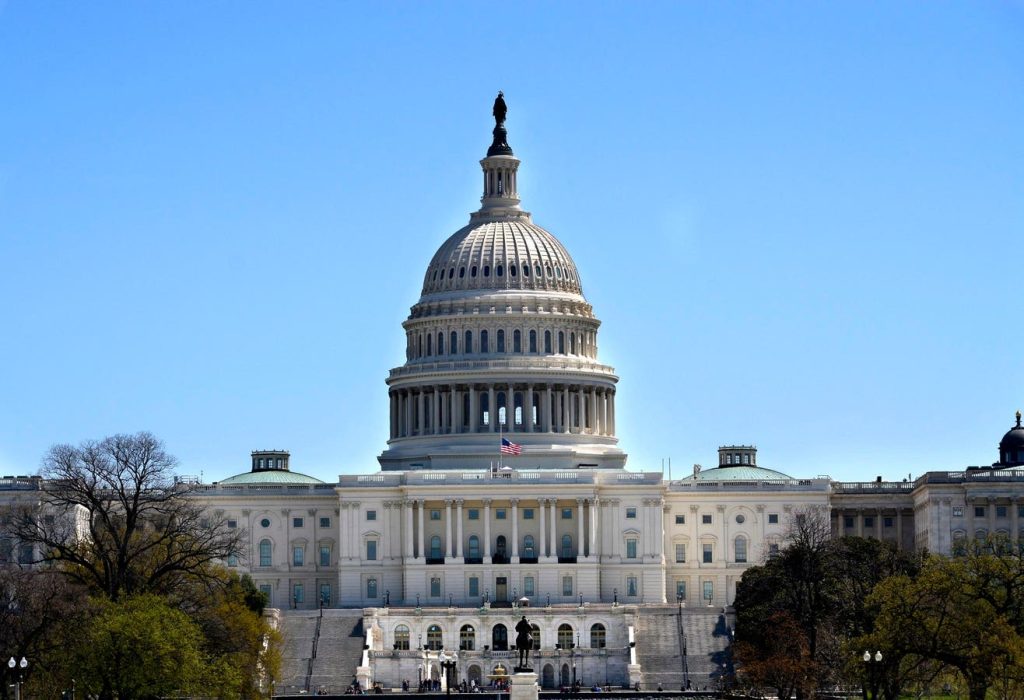The House of Representatives recently passed two bills that could have a significant impact on the U.S. regulatory landscape for digital assets. These bills are seen as a major victory for the crypto industry, as they provide much-needed regulatory clarity that had previously been lacking. The Financial Innovation and Technology for the 21st Century Act would establish guidelines for which tokens are considered securities or commodities, while the Central Bank Digital Currency Anti-Surveillance State Act would prevent the Federal Reserve from creating a CBDC without congressional approval.
One notable aspect of these bills is the bipartisan support that the Financial Innovation and Technology for the 21st Century Act received. Despite some Democratic leaders expressing skepticism, there was significant backing for the bill, even from notable figures like former House Speaker Nancy Pelosi. However, there is also strong opposition from some within the Democratic party, including House Financial Services Committee Ranking Member Maxine Waters and House Agriculture Committee Ranking Member David Scott.
While the House passage of these bills is a positive step for the crypto industry, they face challenges in the Senate. The upper chamber has shown less interest in addressing regulatory questions related to digital assets and has instead focused on concerns about illicit financing. With U.S. elections approaching, the prospects for Congress passing meaningful legislation this year are low, which could result in these bills languishing in the Senate.
Notably, stablecoin legislation was not included in the recent House votes, as efforts to craft a proposal that could garner bipartisan support continue. Congress may still consider stablecoin regulation this year, with pressure on lawmakers to reach a compromise that can pass both the House and the Senate. There is interest in creating a bipartisan measure, but the timing of the bill’s passage may complicate the process, particularly in an election year where priorities and legislative focus may shift.
The House-passed measures provide a starting point for future crypto legislation, particularly if the GOP retains control of the House. The new chair of the House Financial Services Committee will play a key role in determining the priority of these bills. However, even if these bills pass the House and move to a Republican-controlled Senate, clearing the upper chamber may be challenging given the need to reach 60 votes. In the meantime, stablecoin regulation remains a more achievable goal for lawmakers looking to address digital asset issues.
Overall, there is a clear interest from federal lawmakers in regulating digital assets, but passing bills that address market structure may be difficult at the moment. Stablecoin regulation remains a topic with potential for bipartisan support, with chances of passing increasing if Republicans have unified control of Congress and the White House in the future. While the House passage of these bills is a positive step, the path to enacting meaningful legislation for digital assets remains complex and uncertain.


